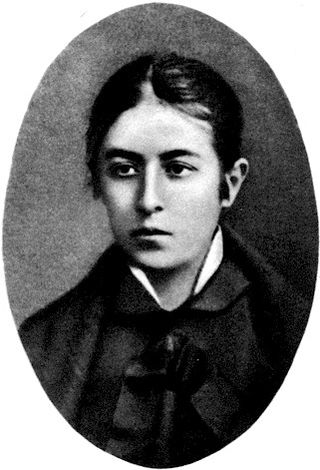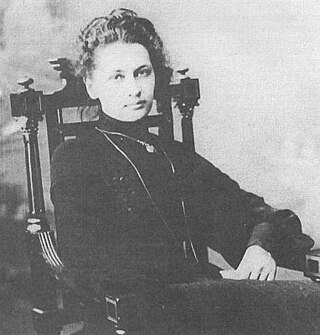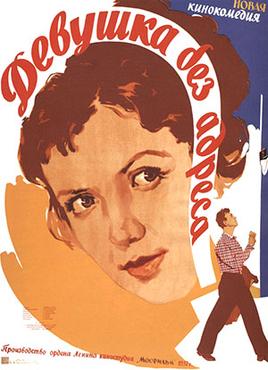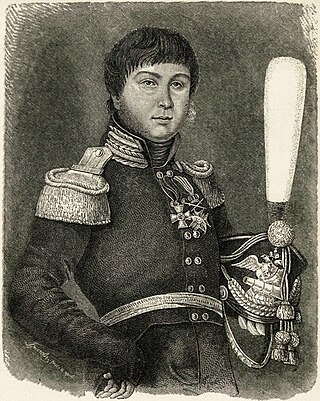The Trial of the Fourteen was a trial of fourteen members of Narodnaya Volya. It took place on September 24–28, 1884 in Saint Petersburg's district military court. Vera Figner - the last member of the Executive Committee of Narodnaya Volya to remain in Russia - was the principal defendant. Other members, including Nikolai Rogachev, Mikhail Ashenbrenner, Alexander Shtromberg, N.D.Pokhitonov, A.P.Tikhanovich, Ivan Yuvachev, Lyudmila Volkenstein and others - were also put on trial. They were all accused of taking part in terrorist activities of Narodnaya Volya. Prosecution used a testimony of Sergey Degayev, who had been an agent of the Okhrana. Vera Figner's last words were even printed abroad and distributed illegally in Russia.

Vera Nikolayevna Figner Filippova was a Russian revolutionary and political activist.

Aleksandr Aleksandrovich Kvyatkovsky was a Russian revolutionary and member of the Executive Committee of Narodnaya Volya.

The Shlisselburg Fortress or Oreshek Fortress is one of a series of fortifications built in Oreshek on Orekhovy Island in Lake Ladoga, near the modern city of Saint Petersburg in Russia. The first fortress was built in 1323. It was the scene of many conflicts between Russia and Sweden and changed hands between the two empires. During World War II, it was heavily damaged. Today it is part of the UNESCO World Heritage site Historic Centre of Saint Petersburg and Related Groups of Monuments.

Yekaterina Pavlovna Peshkova, née Volzhina was a Soviet human rights activist and humanitarian, first wife of Maxim Gorky.

An Institute for Noble Maidens was a type of educational institution and finishing school in late Imperial Russia. It was devised by Ivan Betskoy as a female-only institution for girls of noble origin. Those were "Closed female institutes of the Office of the Institutions of Empress Maria". The first and most famous of these was the Smolny Institute of Noble Maidens in St. Petersburg.
La Bandera Argentina was for a time considered the first film ever produced in the cinema of Argentina. It was directed by French-Argentine cinema pioneer Eugene Py in 1897 in which he captured the Flag of Argentina in 1897.

Alexander Konstantinovich Soloviev, was a Russian revolutionary and former student who unsuccessfully attempted to assassinate Tsar Alexander II of Russia.
Fred Figner, also known as Frederico Figner, born as Friedrich Figner, was an Austrian Empire-born entrepreneur, cinema and music industry pioneer mostly in South America.

Nikolay Figner (1857–1918), lyric tenor, and Medea Figner (1859–1952), mezzo-soprano, later soprano, were a husband-and-wife team of opera singers active in Russia between 1889 and 1904. Medea was Italian-born but she became completely Russianized after marrying Nikolay. They had separate careers before their wedding, and again after their divorce in 1904, but during the 15 years of their marriage they almost always sang in the same performances. They created the main tenor and soprano roles in two operas by Pyotr Ilyich Tchaikovsky – The Queen of Spades and Iolanta – and appeared in a number of other important Russian musical premieres.

Yevgeniya Konstantinovna Mravinskaya, better known by her stage name Yevgeniya or Evgenia Mravina was a Russian lyric soprano, a half sister of revolutionary Alexandra Kollontai and the aunt of conductor Yevgeny Mravinsky.

On 13 March [1 March, Old Style], 1881, Alexander II, the Emperor of Russia, was assassinated in Saint Petersburg, Russia while returning to the Winter Palace from Mikhailovsky Manège in a closed carriage.

Ivan Pavlovich Yuvachev (1860–1940) was a Russian writer and former political prisoner, who was accused of belonging to The People's Will, the revolutionary organization that assassinated Tsar Alexander II.

The Girl Without an Address ) is a 1957 Soviet romantic comedy film directed by Eldar Ryazanov and written by Leonid Lench. It stars Svetlana Karpinskaya and Nikolai Rybnikov.
The surname Figner may refer to:

Aleksandr Samoilovich Figner (1787—1813) was a Guards colonel of the army of the Russian Empire, known as the organizer of partisan units during the 1812 Napoleonic invasion of Russia and later of Germany.
Events from the year 1920 in Russia
Events from the year 1853 in Russia
The Society of Former Political Prisoners and Exiled Settlers was a public organization in the Soviet Union that worked in 1921–1935.

The Battle of Liaskowa took place 9 November 1812 near the village of Liaskowa, where 3,500 Cossacks under the command of Vasily Vasilyevich Orlov-Denisov surrounded 2,000 soldiers of the Grande Armée under Jean-Pierre Augereau.













